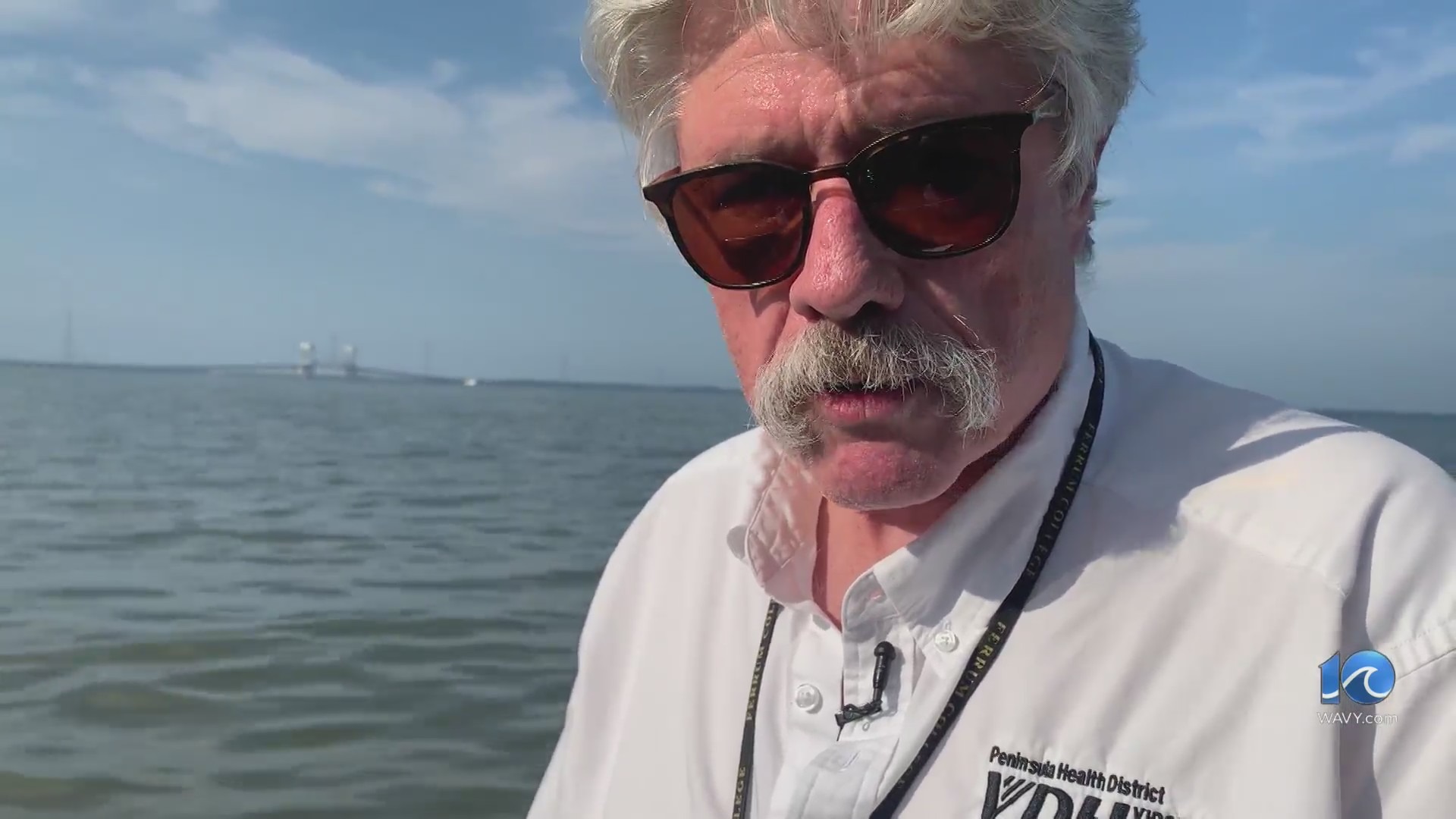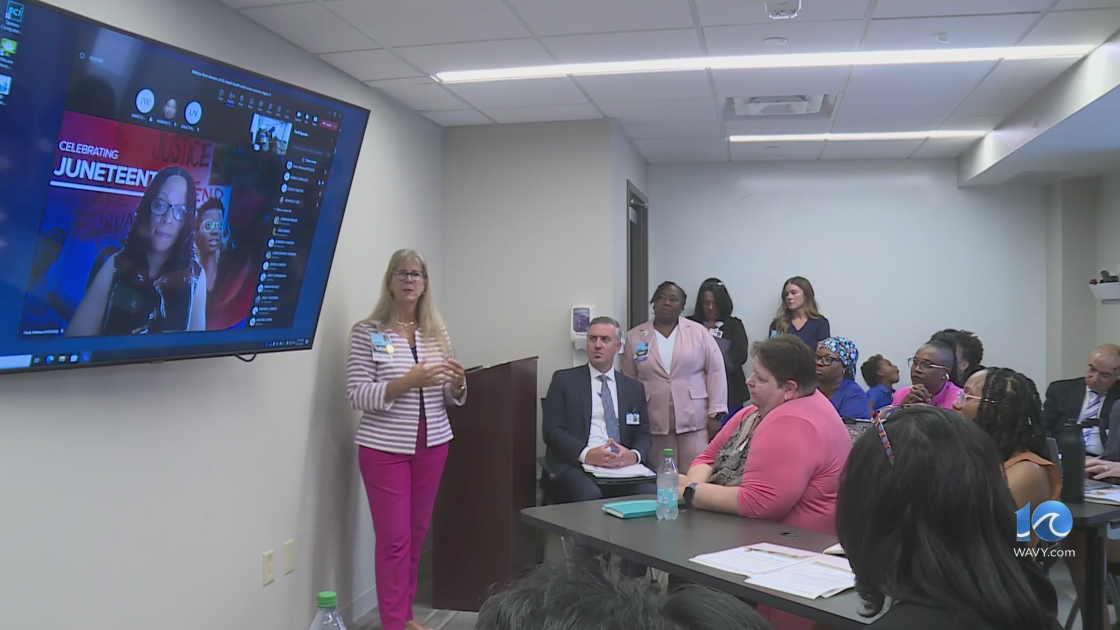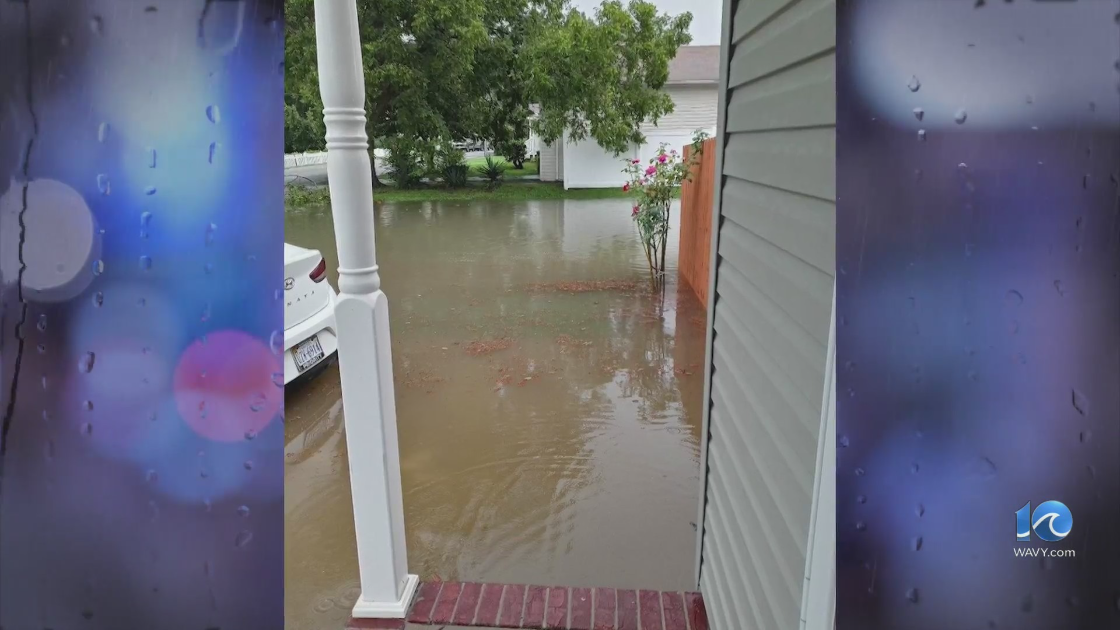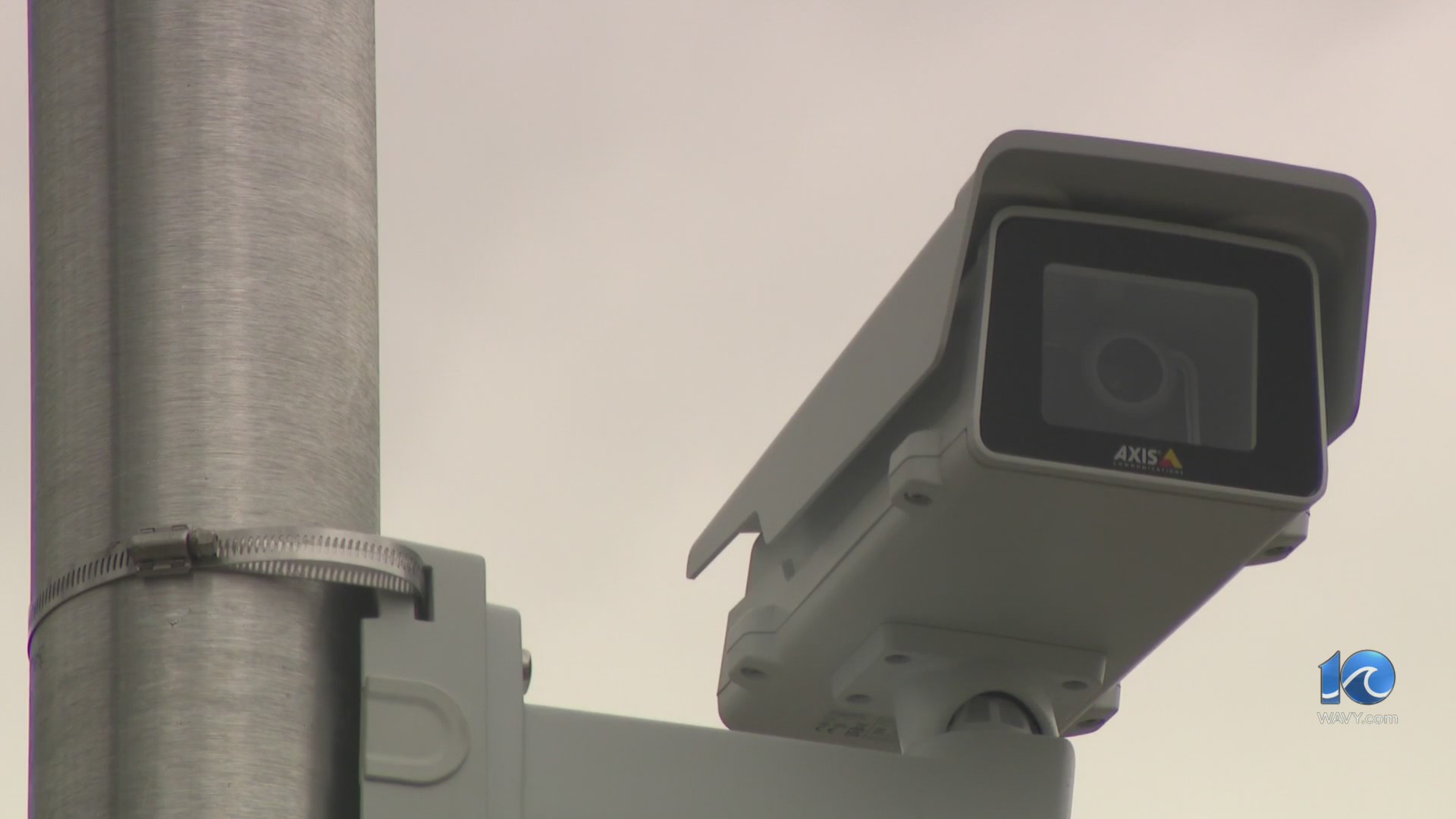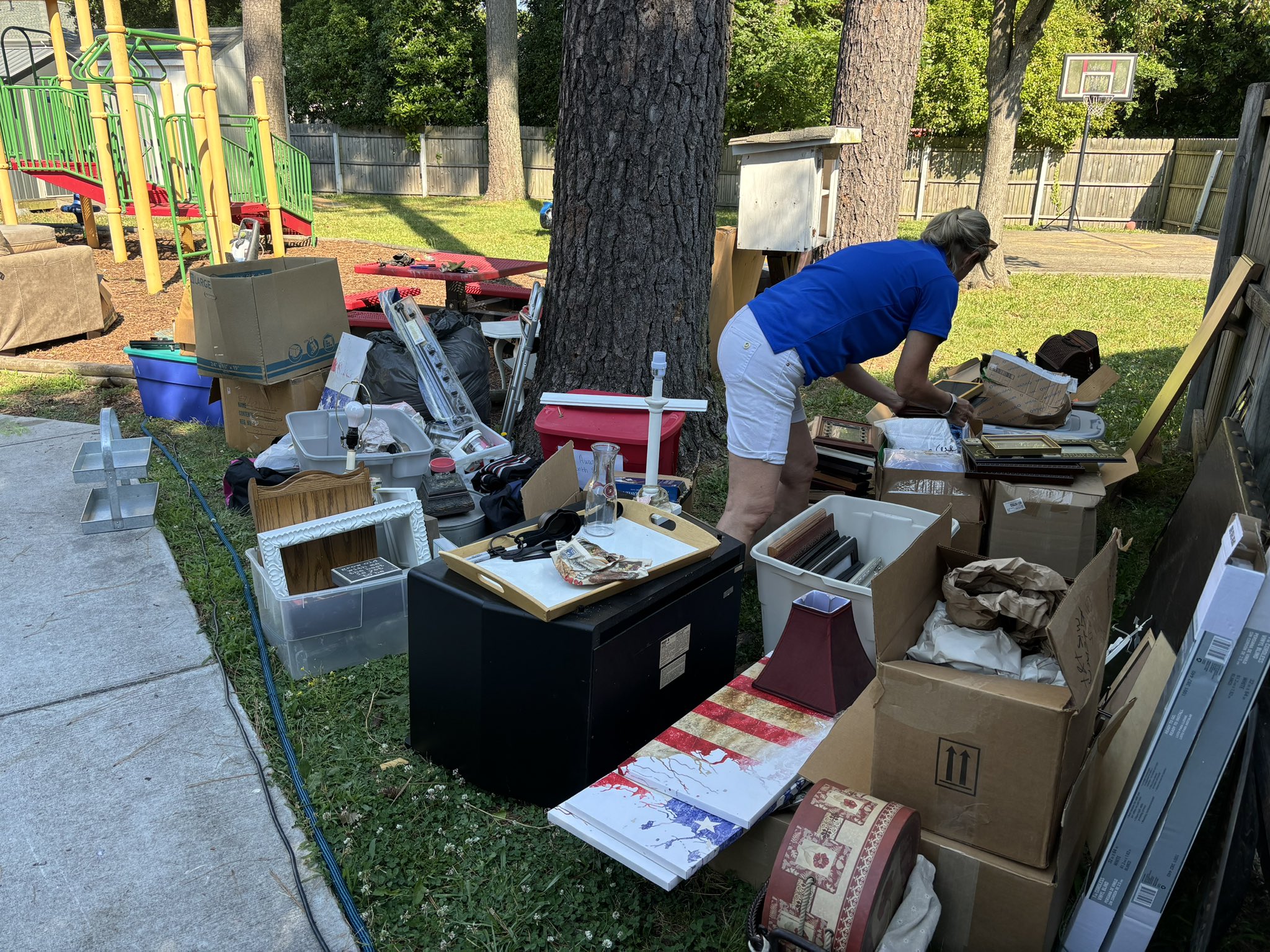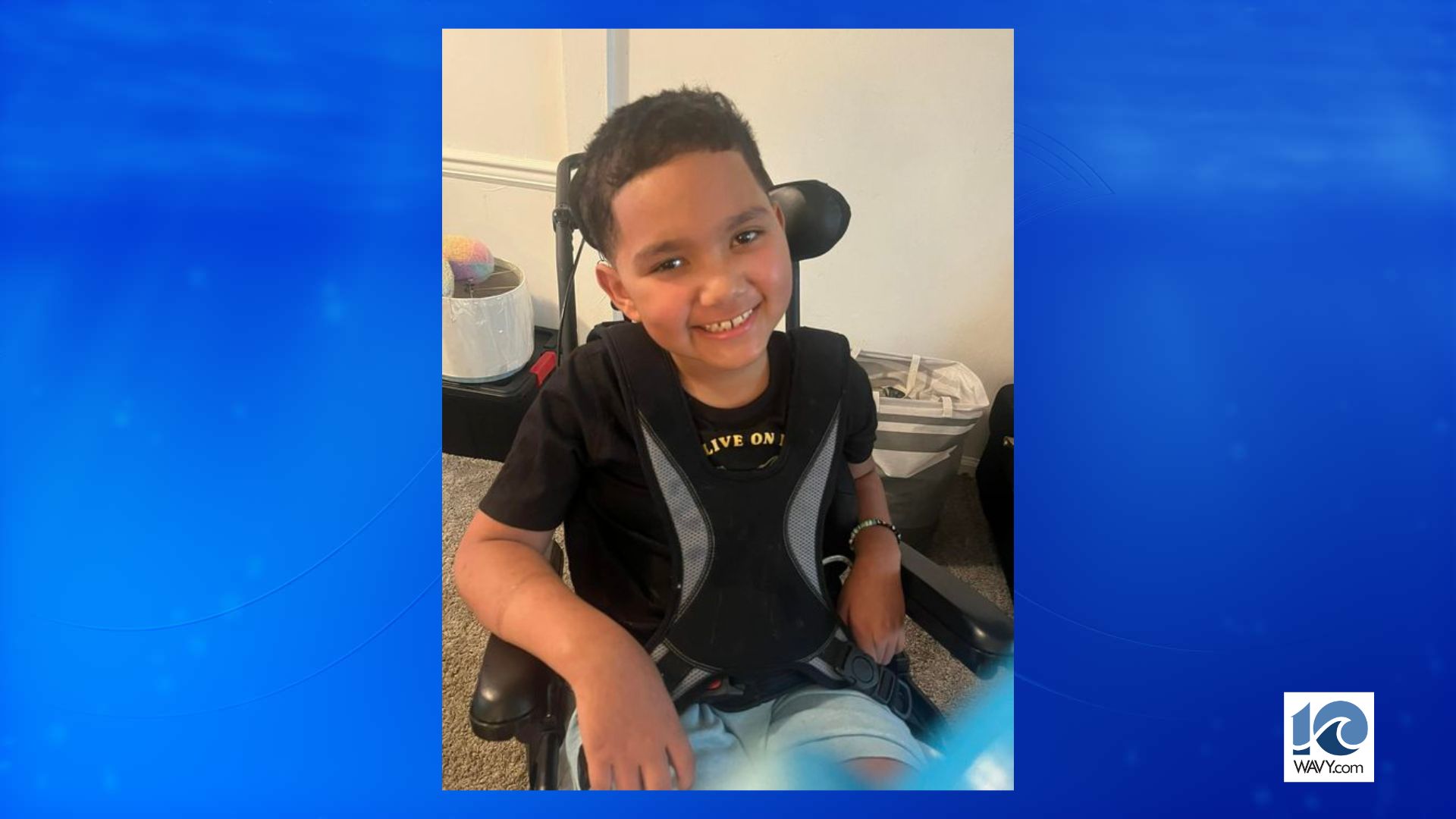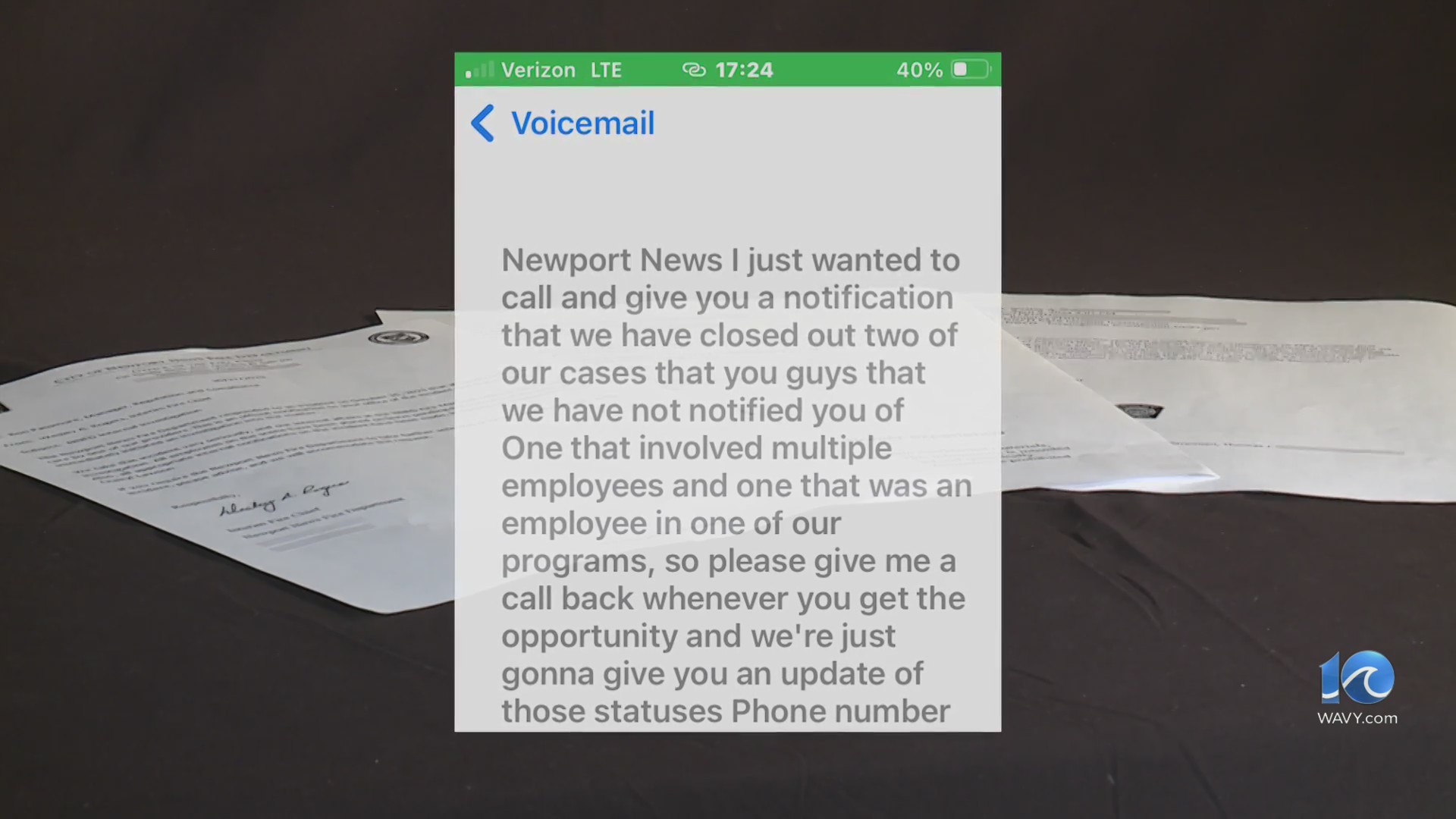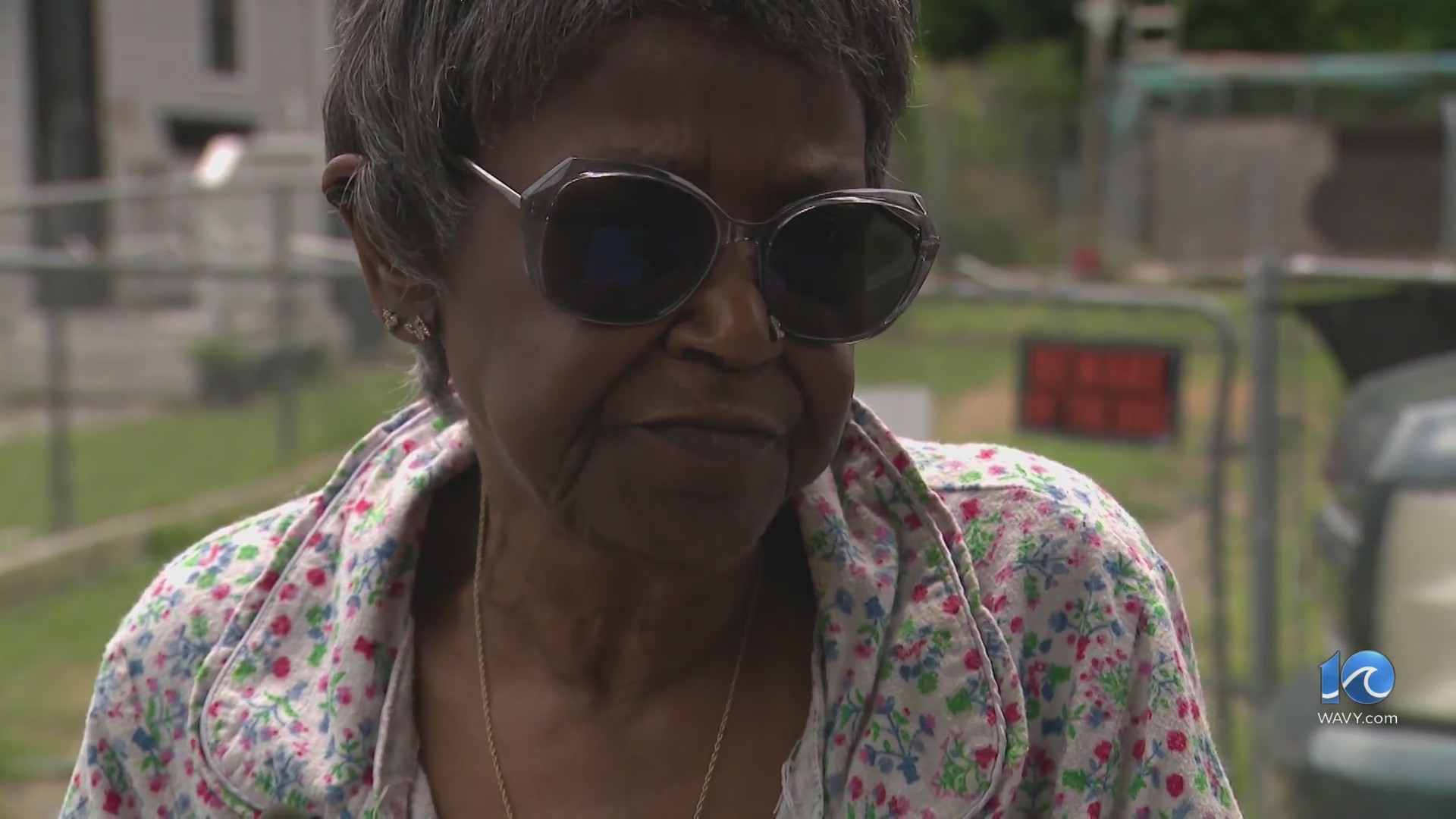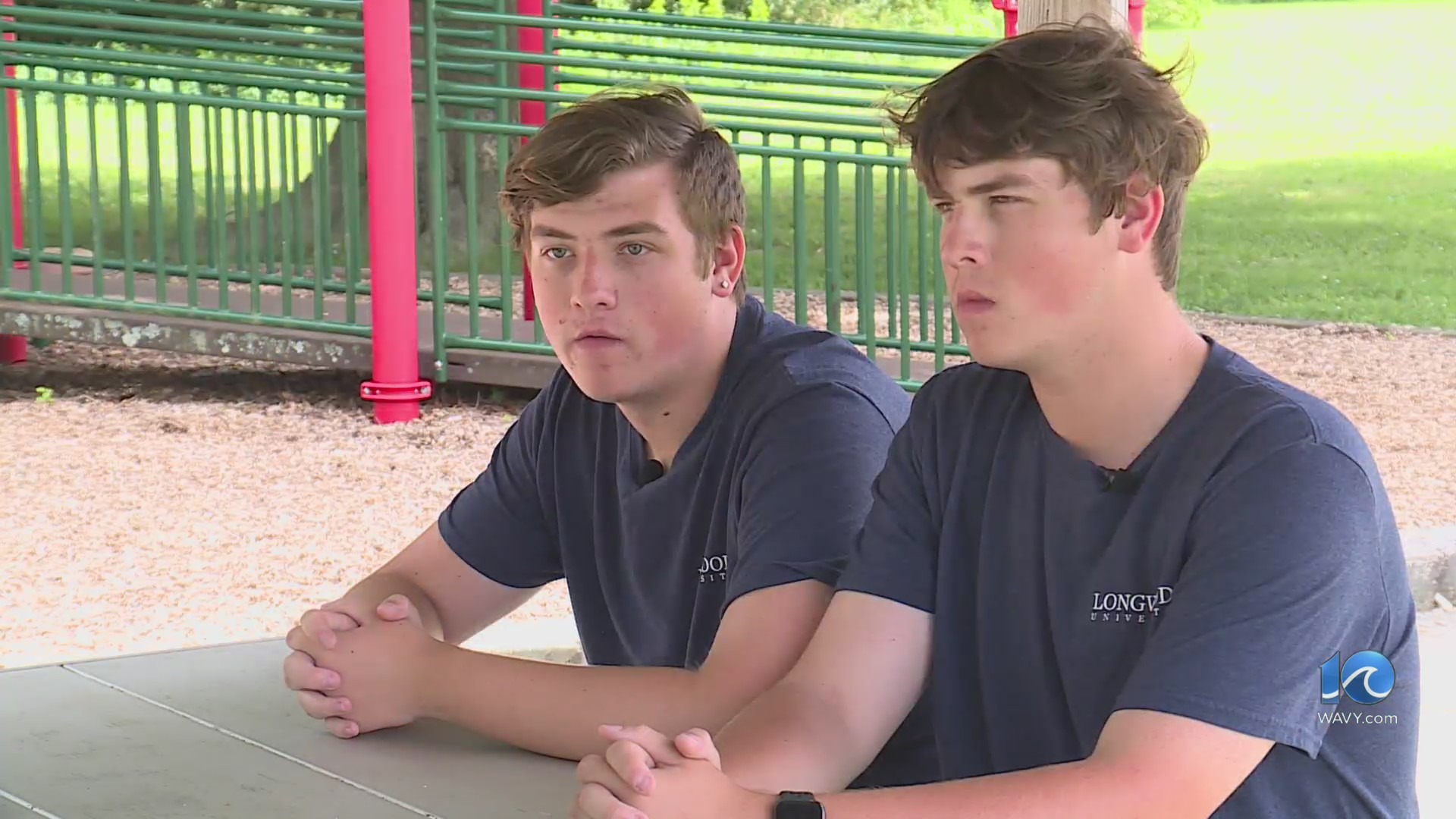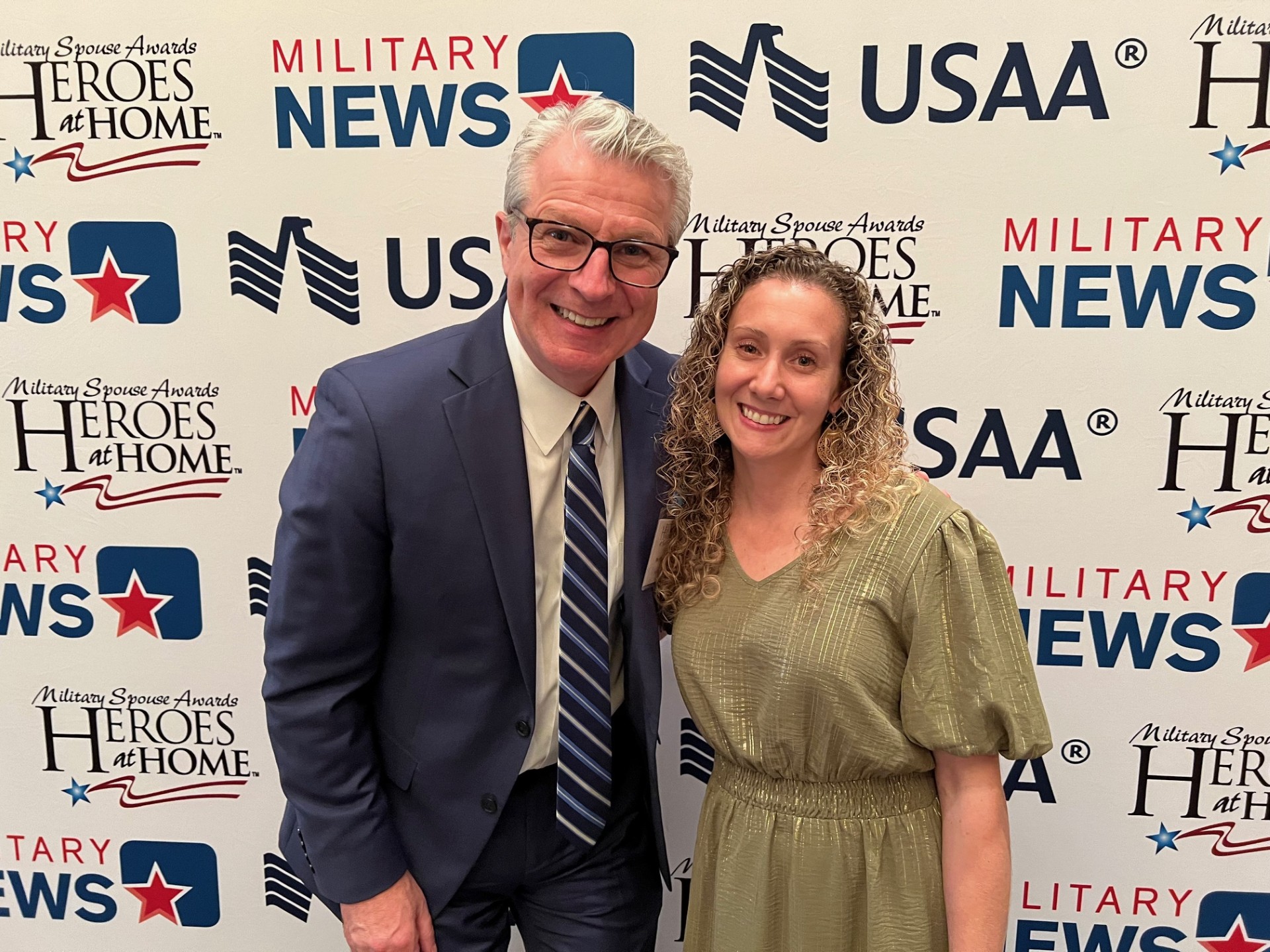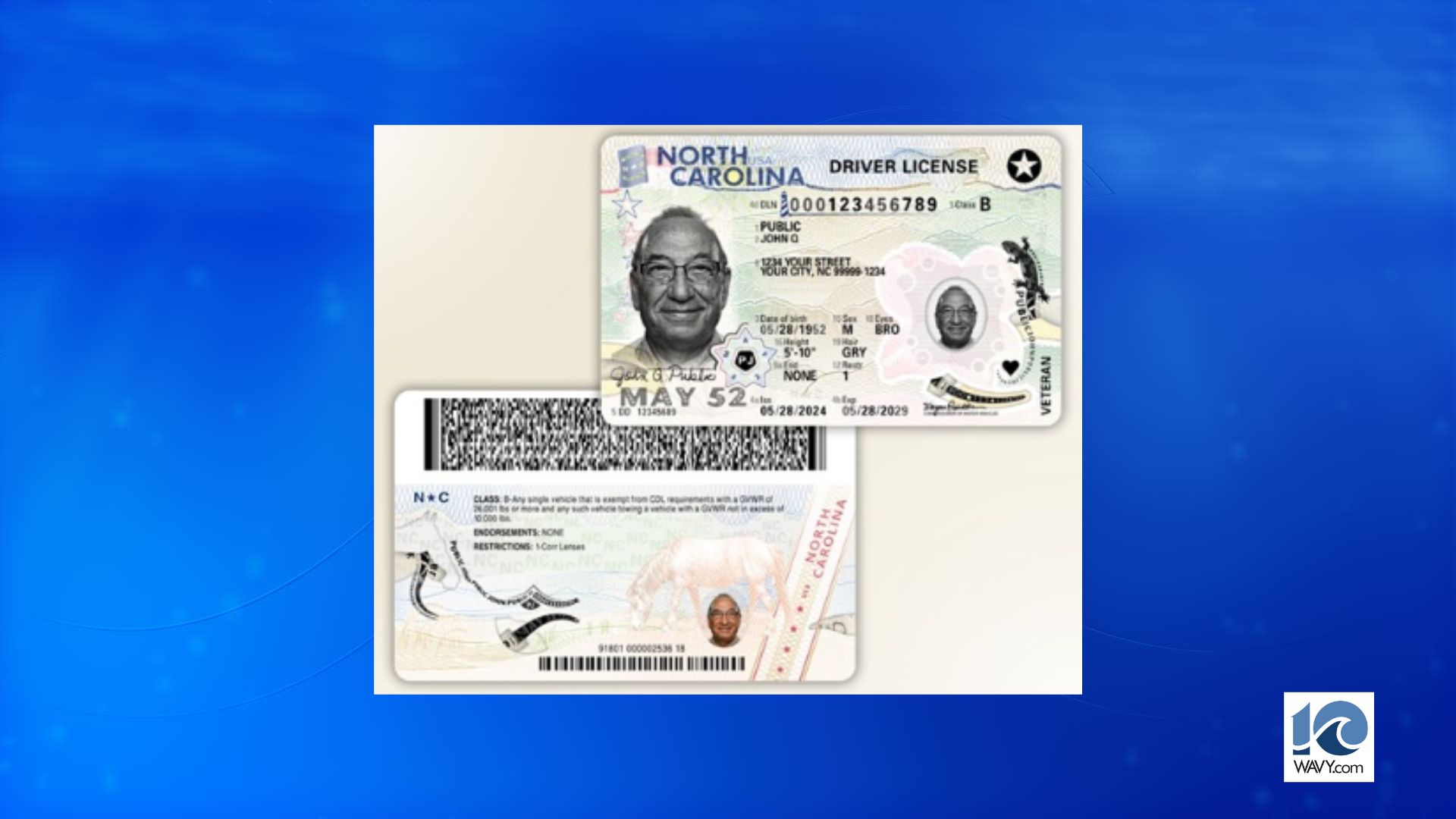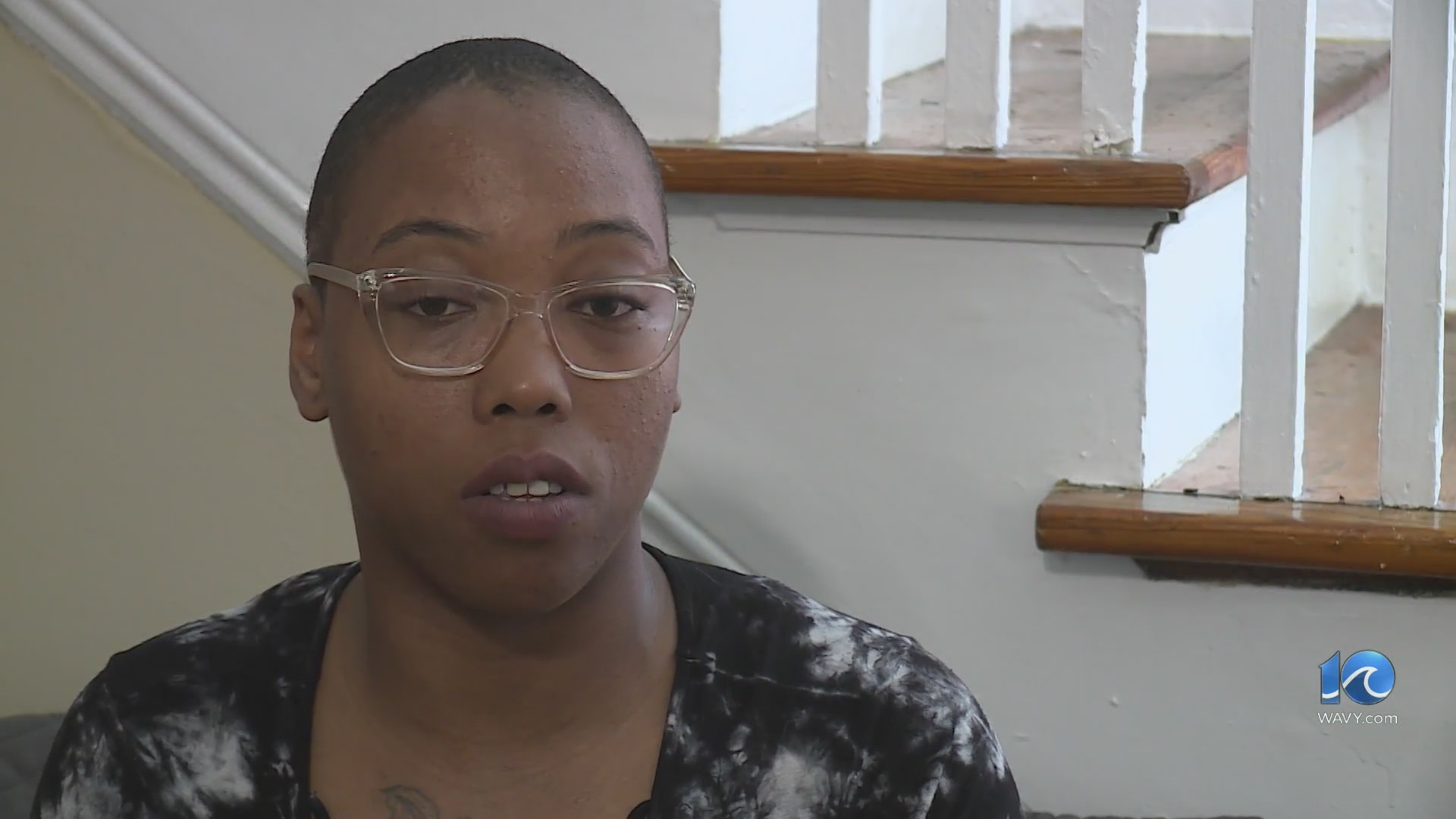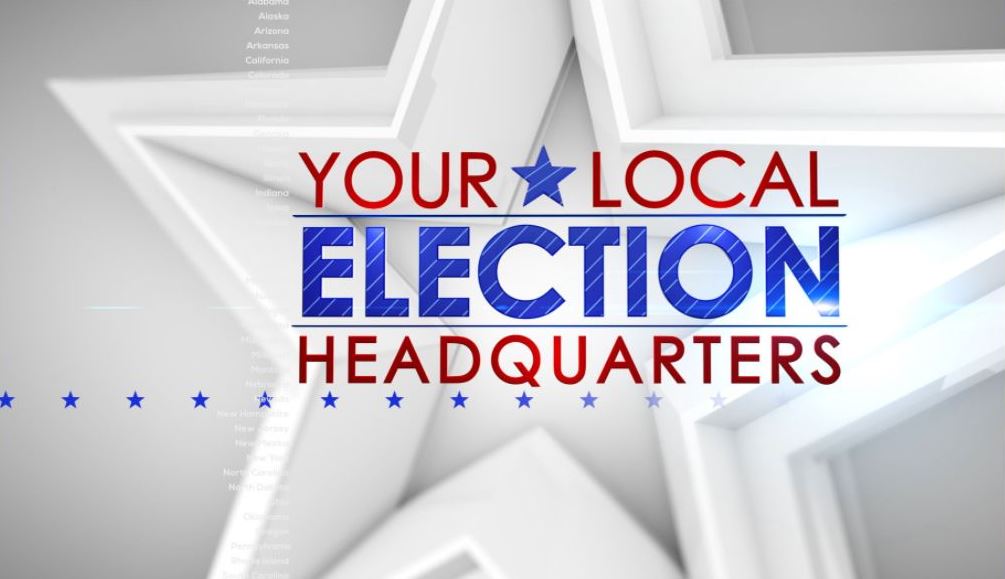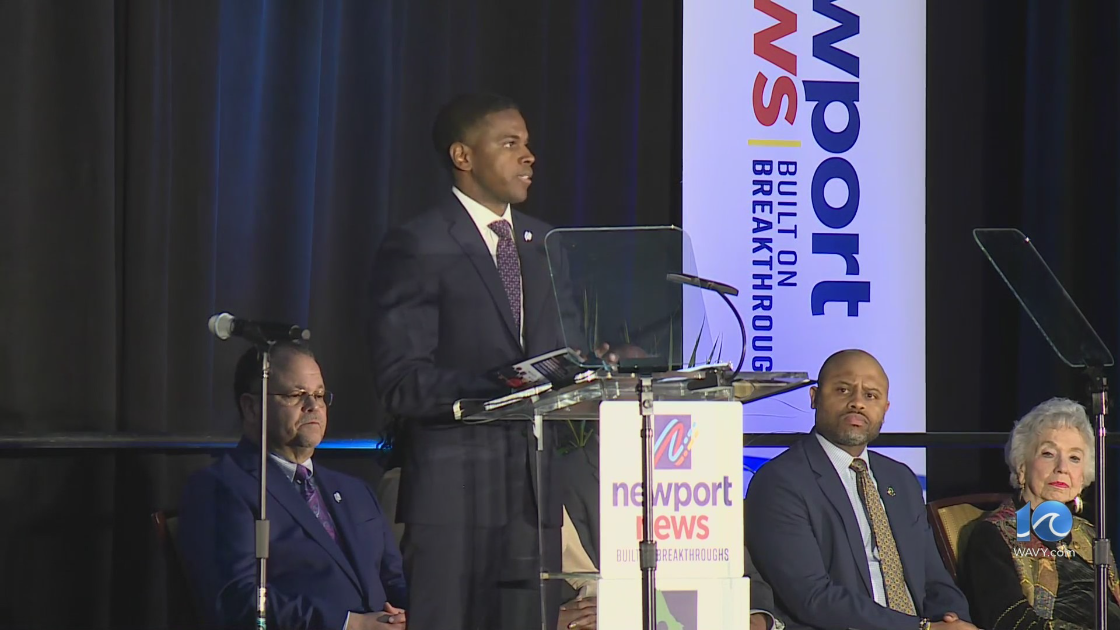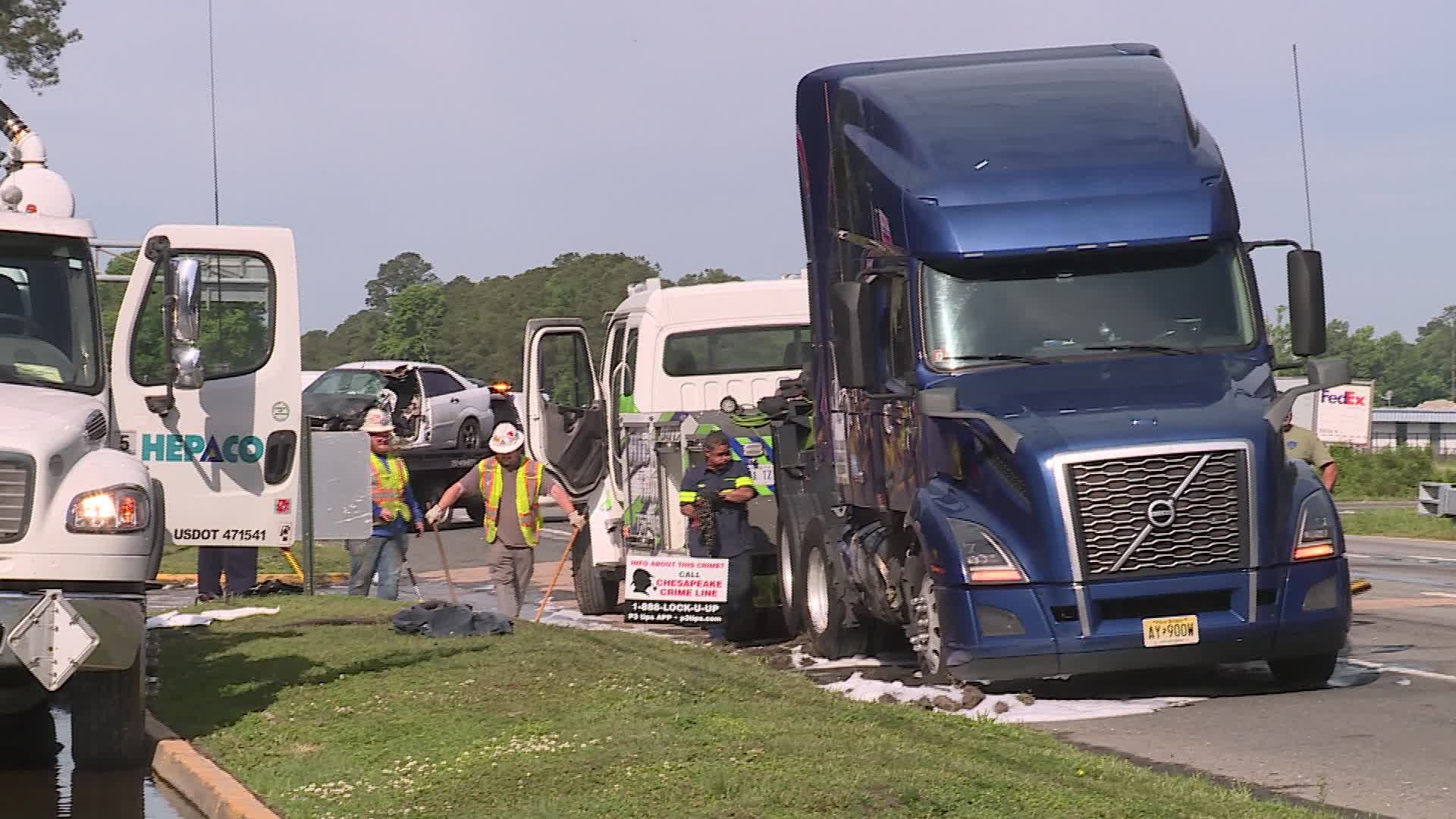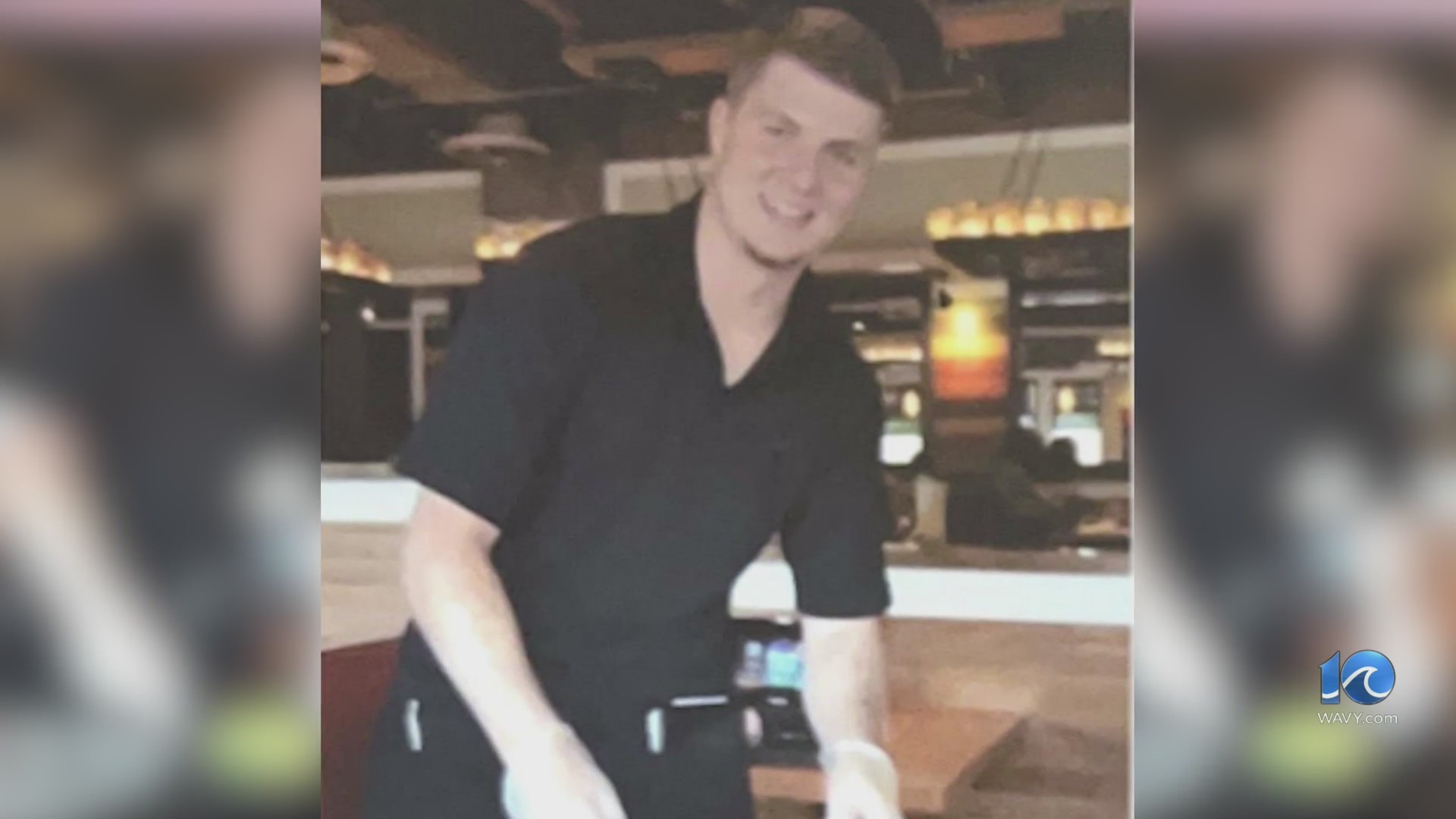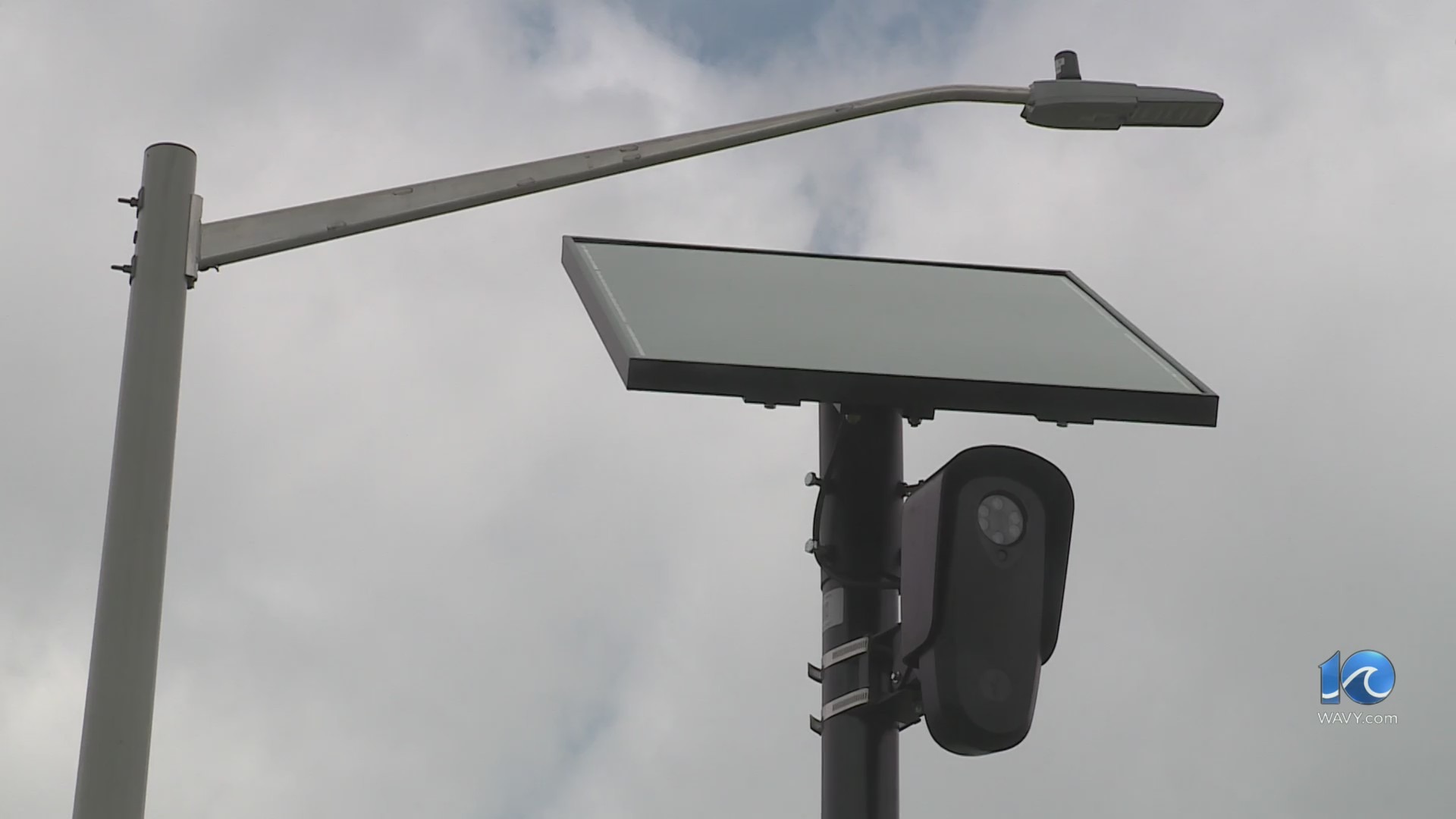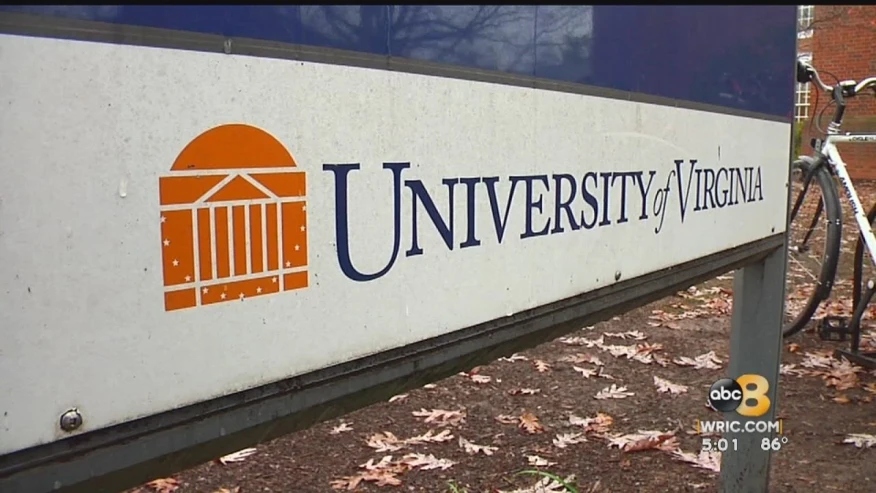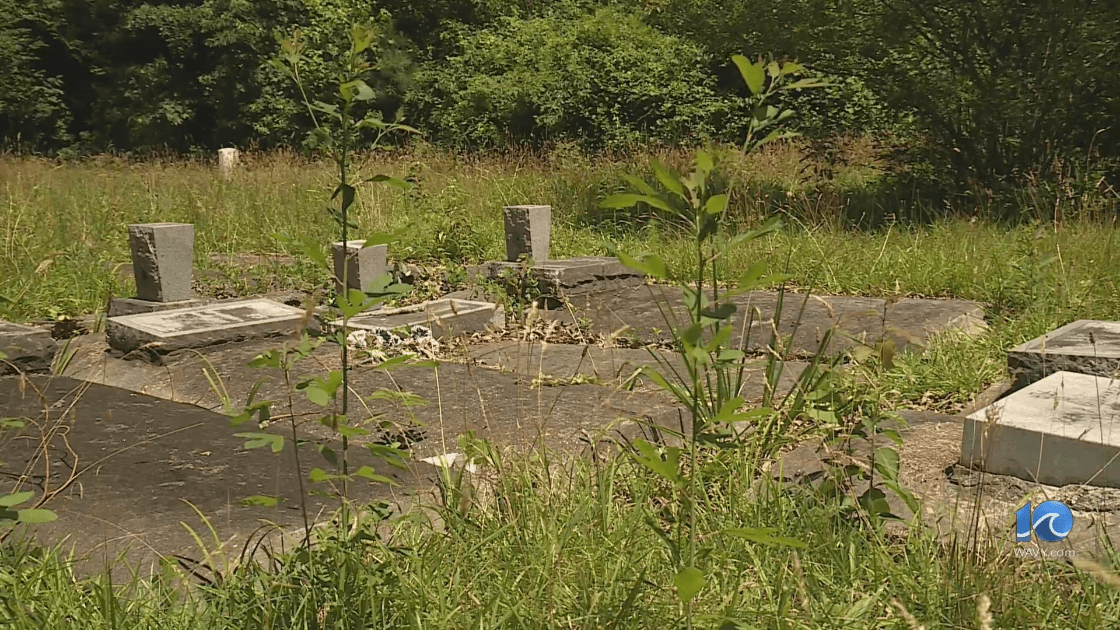VIRGINIA BEACH, Va. (WAVY) — Gov. Glenn Youngkin called for a special session of the General Assembly Monday to repeal changes made to the Virginia Military Survivors and Dependents Education Program ahead of the first state-level task force meeting next week to look into it.
Local students and families are still frustrated over changes to the program, as the State Council for Higher Education and public colleges and universities are encouraging lawmakers to look into ways to make the program more sustainable because it experienced significant growth in the past five years.
However, local families say this is a benefit that they’ve earned, and it’s unfair to make changes to it before the study is complete.
“These are sacrifices that we gave for this country,” said Virginia Beach mother Amanda Goldstein. “My husband at the time came back, not how I sent him, and that was because of the global war on terror.”
Youngkin noted the “substantive concern from the military and veteran family community over changes to the program.”
“While we are committed to moving forward with the Task Force and studying this issue, it is clear we must repeal the substantive changes included in [the program],” Youngkin said in a Monday letter sent to Senate Finance and Appropriations Committee chairwoman Sen. Louise Lucas (D-Portsmouth) and House of Delegates Appropriations Committee Chairman Del. Luke Torian (D-Prince William County), “… and ensure any potential future amendments by the General Assembly are thoroughly studied, and our military and veteran families are heard.”
In a statement from Gov. Glenn Youngkin’s press secretary, Christian Martinez, “Virginia military members, who have dedicated their lives to protecting our freedom, and their families will continue to be a top priority for the Governor. He is committed to reversing the eligibility changes and allowing the task force, which includes Gold Star Families, legislators, members of the military, veterans, and institutions of higher education, to make a comprehensive recommendation on a sustainable path forward that can be considered in 2025. The Governor will work with the General Assembly to return prior to June 30th and pass this important and straightforward bill.”
Lucas and Torian had also sent a letter to the governor about the military tuition waiver program. In it, they noted that the biennial budget included nearly $40 million to support waivers, including the VMSDEP.
“The funding was part of efforts by both the executive and legislative branches to address the significant program growth in VMSDEP both in terms of enrollment and waiver costs,” they wrote.
They said the budget had several targeted program reforms “to help mitigate the impact of the waivers on tuition-paying students, especially our in-state undergraduates.” They also noted the grandfather clause for students already enrolled in the program, or new students who had formally committed by May 15 to enroll in summer or fall 2024 classes.
Goldstein and her two sons were shocked to learn about program changes.
She has four kids that could qualify for the tuition waiver program, with her twins, Peyton and John, choosing to go to Longwood specifically for this benefit.
The two are most likely grandfathered into the program because they were committed before May 15, but there’s uncertainty for next year.
“I feel very sad for the rest of the students,” said John Richardson, “If I didn’t have this the first year, I wouldn’t be able to go to college. If it’s taken away next year, I don’t even know if I’ll be able to finish.”
John and Peyton Richardson helped serve as caretakers for their dad as he struggled with mental illness following his time in Afghanistan. They said they had a different childhood growing up because of it.
“I think I should be able to have that benefit instead of it being taken away,” Peyton Richardson said.
State leaders say the program has grown significantly in the past five years, and that’s why they started looking into it.
“Our recommendation was that legislators address it, and we recommended either program reform or cost offsets to the institutions or a combination of the two,” said Lee Andes, interim director of finance policy and innovation for SCHEV.
But when the number of recipients kept going up, state leaders said public colleges and universities in the state were having trouble offsetting the costs.
“Our recommendation was that legislators address it,” Andes said, “and we recommended either program reform or cost offsets to the institutions or a combination of the two.”
Peyton Richardson plans to study psychology next year, while John Richardson is majoring in criminal justice.
Goldstein said a college education is vital for both of these career tracks, and she is hoping lawmakers will go back for a special session and reverse the changes until the study is complete.
“It is not fair to this group with everything that they’ve been through, to take it away and say, well, we’ll look at a task force and maybe we’ll put it back,” Goldstein said. “It shouldn’t have been done that way and it should not be done that way.”
The first meeting for the task force is scheduled for June 10 in Richmond at the Virginia War Memorial from 2 to 5 p.m.
Virginians who wish to participate can do so by providing feedback to the task force ahead of the meeting by emailing PreservingVMSDEP@governor.virginia.gov.



















































